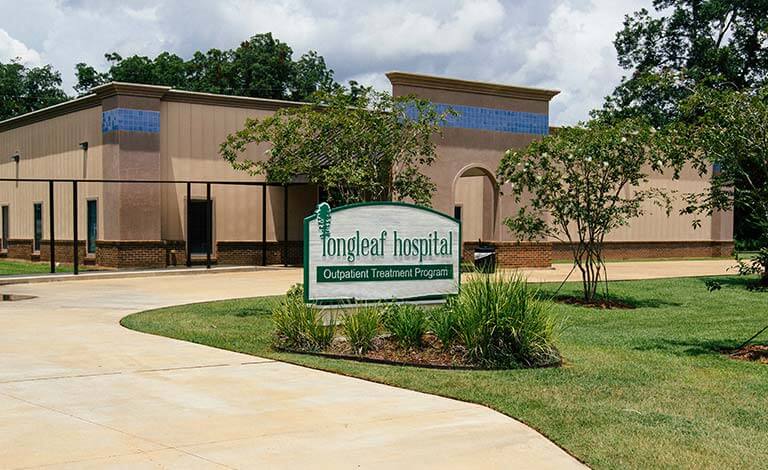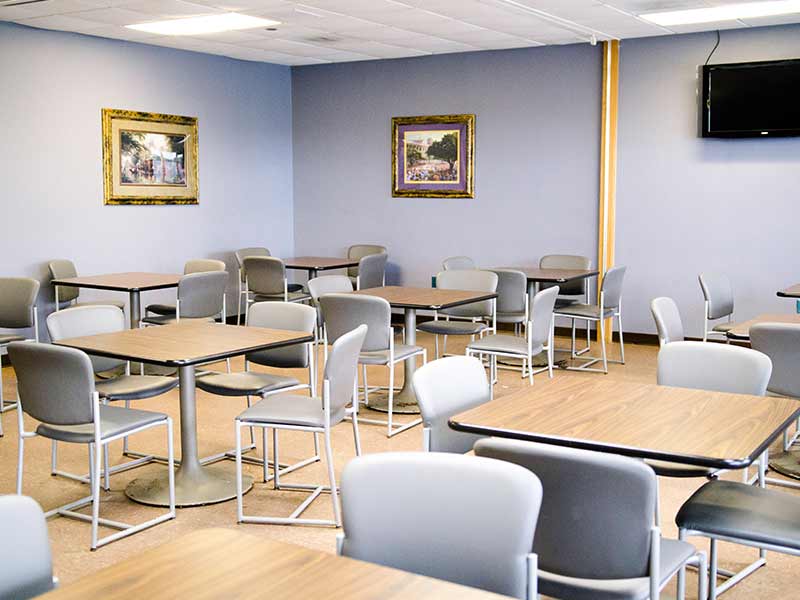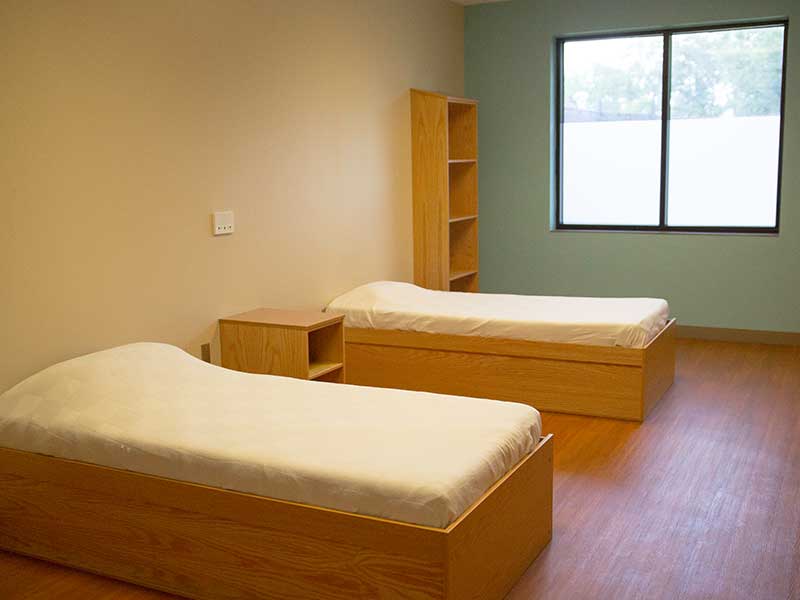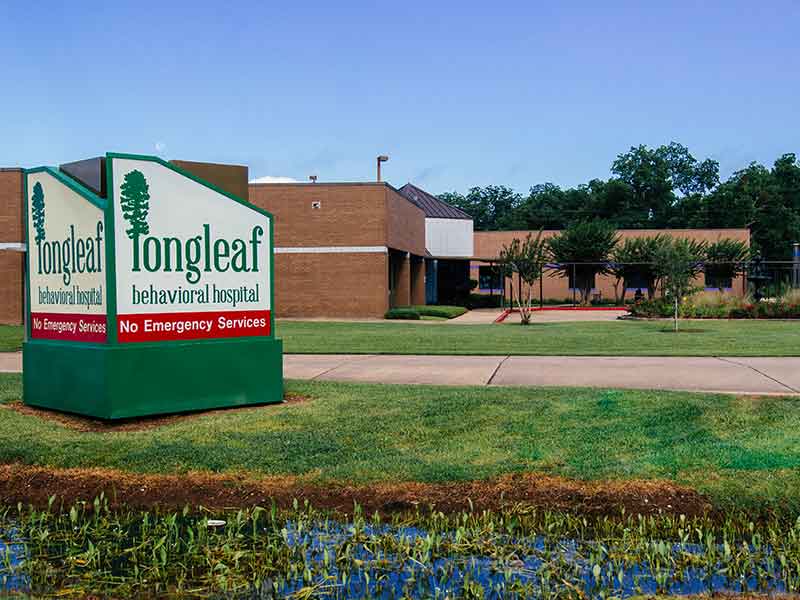Phencyclidine, which is better known as PCP, is a dangerous and life-threatening substance of abuse that can cause an individual to experience a myriad of adverse outcomes
Understanding PCP Addiction
Learn about PCP and substance abuse
Some people also call this drug rocket fuel or angel dust, yet despite the coy names, this substance is anything but safe to use under any circumstance. When taken, users experience hallucinations, paranoia, delusions, or feel a need to act in an overtly aggressive manner for seemingly no reason at all. What can result from this sort of high are physical injuries, mental distress, and overpowering cravings to use this drug again and again.
If you have been abusing PCP, yet are ready to reclaim your life from this sort of addiction, know that you have options. While it could mean a long road is ahead of you, you can seek effective treatment, learn to control urges to abuse PCP, and form the necessary skills required to live a sober lifestyle. In doing so, you can avoid the harm that comes with abusing this substance and forge a life that is healthy, happy, and drug-free.
Statistics
PCP addiction statistics
PCP is a substance that is most frequently abused by individuals ages 25 and older. Additionally, and according to the American Psychological Association, nearly three percent of all Americans have abused this drug at least once in their lifetime. Furthermore, DAWN, or the Drug Abuse Warning Network, has reported that PCP abuse has accounted for a large number of emergency room visits in the last ten years. In fact, the total number of people needing immediate medical treatment after abusing this drug rose to almost 80,000. Considering these statistics, it’s important for people to both know how dangerous PCP can be and that effective treatment does exist to ameliorate this sort of substance abuse problem.
Causes and Risk Factors
Causes and risk factors for PCP addiction
The American Psychological Association, or APA, suggests that environmental influences are the most prominent reasons why someone would come to abuse PCP. For example, through research it was found that those who abuse this illicit drug are typically younger when compared to the average age of other drug users with different drugs of choice. Given this fact, it can be suggested that if one has a peer group that abuses PCP, the risk for also engaging in this sort of substance abuse increases. Additionally, studies show that individuals who abuse PCP typically have less education. Therefore, it can be said that individuals who abuse PCP may be in certain circumstances or situations in which they do not advance their education for one reason or another.
Risk factors:
- Being female
- Being of younger age
- Family history of substance abuse
- Personal or family history of mental illness
- Personal history of substance abuse
Signs and Symptoms
Signs and symptoms of PCP addiction
Should you suspect that you have a PCP abuse problem, it could be helpful to determine if the symptoms of such an issue are impacting your life. The following behavioral, physical, cognitive, and psychosocial symptoms are those that infer a PCP abuse problem is present, which could also indicate that professional treatment is needed to mitigate this concern:
Behavioral symptoms:
- Abusing PCP in situations when it is blatantly dangerous to do so, such as while driving a car
- Attempting but failing to stop the abuse of PCP
- Behaving in an uncharacteristically aggressive or violent manner
- Continuing to use PCP even after experiencing negative consequences as a result
- Spending a lot of time getting, using, and recovering from PCP abuse
Physical symptoms:
- Dizziness
- Elevated blood pressure
- Heavy sweating
- Increased heart rate
- Muscle spasms
- Nausea
- Numbness in arms and legs
- Respiratory distress
- Vision problems
- Vomiting
Cognitive symptoms:
- Amnesia
- Delusions
- Dissociation
- Hallucinations
- Inability to focus
- Paranoia
- Poor concentration
- Poor judgment
Psychosocial symptoms:
- Aggression
- Agitation
- Irritability
- Loss of interest in once enjoyable activities
- Mood swings
- Social withdrawal
Effects
Effects of PCP addiction
If you continue to abuse PCP, you can expect several consequences to occur in response to this sort of behavior. However, if you choose to seek treatment at a reputable addiction clinic, you can completely avoid the following and drastically improve your life:
- Arrest
- Cognitive damage
- Depression
- Family discord
- Financial distress
- Homelessness
- Impaired motor skills
- Incarceration
- Job loss
- Physical harm due to reckless behaviors while under influence of PCP
- Psychosis
- Ruined interpersonal relationships
- Substandard occupational performance
- Suicidal ideation
- Unemployment
- Cardiac arrest
Co-Occurring Disorders
PCP addiction and co-occurring disorders
All too often, those who seek treatment to overcome an addiction to PCP also need to receive care for certain co-occurring disorders. The reason for this is because PCP addiction is known to occur alongside other mental illnesses and addictions. In the event you seek treatment to overcome a PCP abuse problem, know that you will be assessed for and may receive services for one or more of the following disorders:
- Anxiety disorders
- Bipolar disorders
- Depressive disorders
- Other substance use disorders
Withdrawal & Overdose
Effects of PCP withdrawal and overdose
Effects of PCP withdrawal: Similar to other illicit substances, ongoing abuse of PCP will likely cause withdrawal symptoms to emerge if the use of this drug suddenly stops. If you have experienced any of the below listed effects, it suggests that your body may have become accustomed to the presence of PCP and you likely need professional treatment to combat this issue:
- Agitation
- Anxiety
- Confusion
- Depression
- Diminished speech
- Impaired reflexes
- Memory problems
- Muscle twitches
- Seizures
Effects of PCP overdose: If you over-consume PCP, it’s likely that you’ll experience an overdose. Because of this fact, it’s important that you receive emergency medical care as soon as you can if any of the following effects become apparent:
- Coma
- Convulsions
- Elevated blood pressure
- High pain tolerance
- Loss of muscle control
- Muscle rigidity
- Rapid eye movement
- Seizure
- Tachycardia




